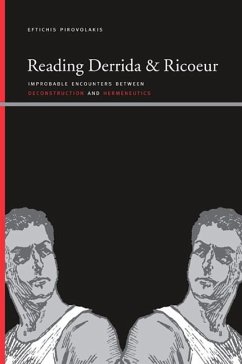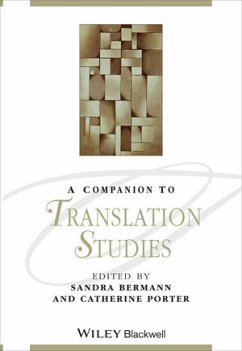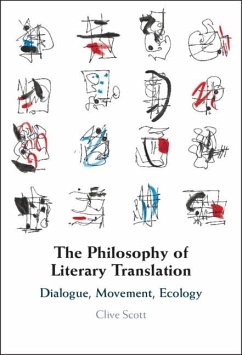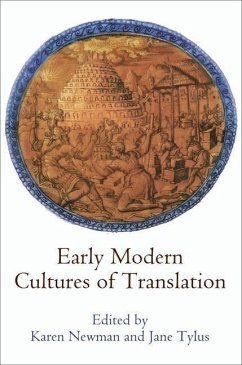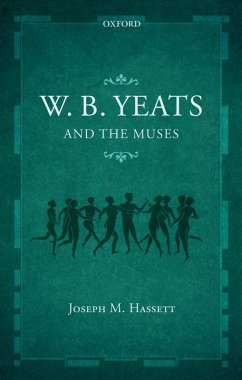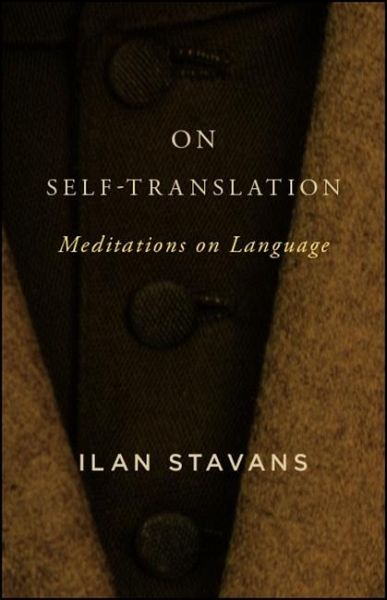
On Self-Translation (eBook, ePUB)
Meditations on Language
Versandkostenfrei!
Sofort per Download lieferbar
0,00 €
inkl. MwSt.
Weitere Ausgaben:

PAYBACK Punkte
0 °P sammeln!
Finalist for the 2018 Foreword INDIES Book of the Year Awards in the Essay category From award-winning, internationally known scholar and translator Ilan Stavans comes On Self-Translation, a collection of essays and conversations on language in its multifaceted forms. Stavans discusses the way syntax is being restructured by texting and other technologies. He examines how the alphabet itself is being forgotten by the young, how finger snapping has taken on a new meaning, how the use of ellipses has lapsed, and how autocorrect is shaping the way we communicate. In an incisive meditation, he sho...
Finalist for the 2018 Foreword INDIES Book of the Year Awards in the Essay category From award-winning, internationally known scholar and translator Ilan Stavans comes On Self-Translation, a collection of essays and conversations on language in its multifaceted forms. Stavans discusses the way syntax is being restructured by texting and other technologies. He examines how the alphabet itself is being forgotten by the young, how finger snapping has taken on a new meaning, how the use of ellipses has lapsed, and how autocorrect is shaping the way we communicate. In an incisive meditation, he shows how translating one's own work reinvents oneself in another tongue. The volume includes tête-à-têtes with Pulitzer Prize-winner Richard Wilbur and short-fiction master Lydia Davis, as well as dialogues on silence, multilingualism, poetry, and the durability of the classics. Stavans's explorations cover Spanish, English, Hebrew, Yiddish, and the hybrid lexicon of Spanglish. He muses on the meaning of foreignness and on living and dying in different languages. Among his primary concerns are the role and history of dictionaries and the extent to which the authority of language academies is less a reality than a delusion. He concludes with renditions into Spanglish of portions of Hamlet, Don Quixote, and The Little Prince. The wide range of themes and engaging yet informed style confirm Stavans's status, in the words of the Washington Post, as "Latin America's liveliest and boldest critic and most innovative cultural enthusiast." This book is freely available in an open access edition thanks to Knowledge Unlatched-an initiative that provides libraries and institutions with a centralized platform to support OA collections and from leading publishing houses and OA initiatives. Learn more at the Knowledge Unlatched website at: https://www.knowledgeunlatched.org/, and access the book online at the SUNY Open Access Repository at http://hdl.handle.net/20.500.12648/7137 .
Dieser Download kann aus rechtlichen Gründen nur mit Rechnungsadresse in A, D ausgeliefert werden.





